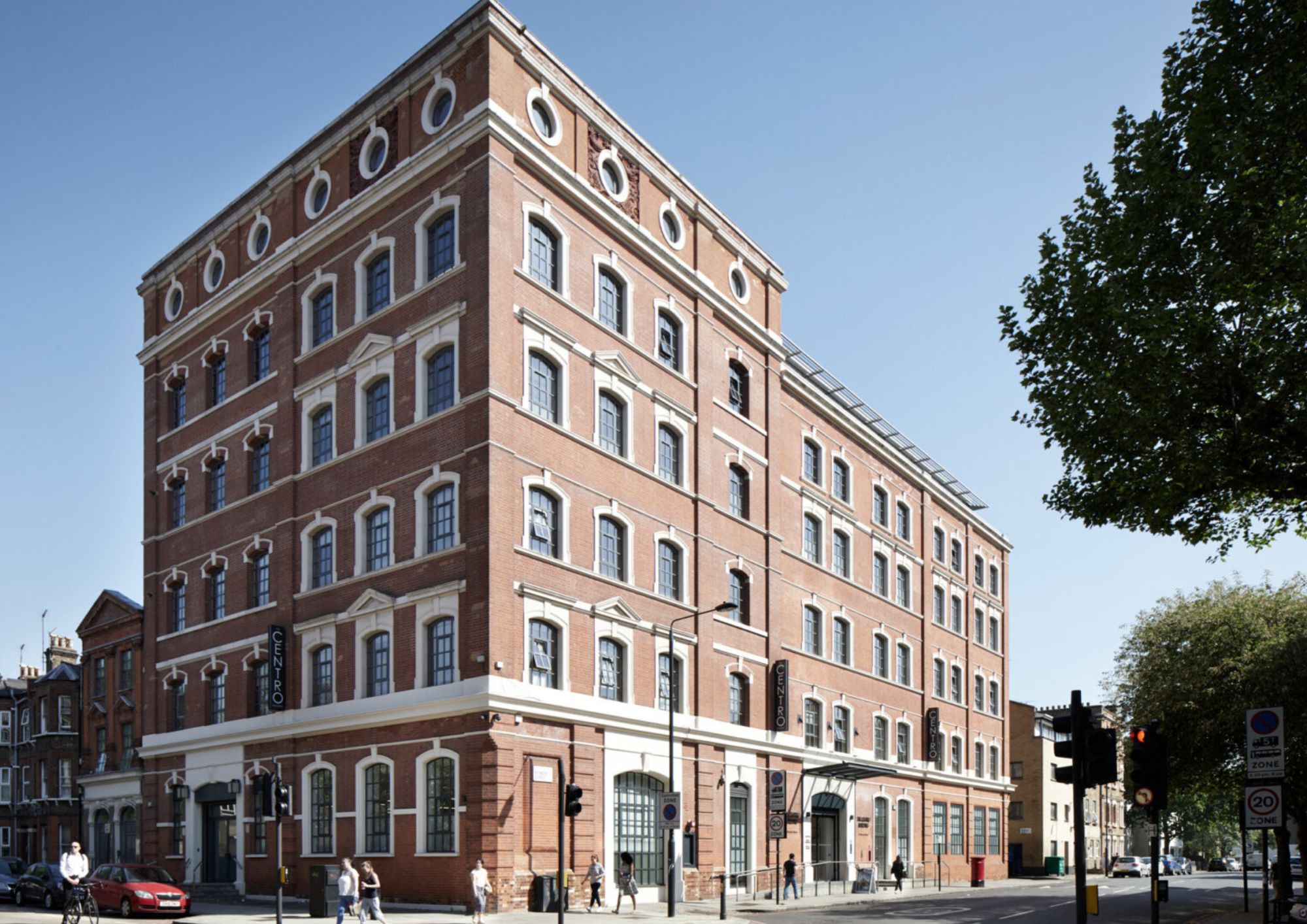John Gulliver: How to escape conspiracy-land
Architect warns of 15-minute city scare stories
Thursday, 1st February — By John Gulliver

The Centro Building in Camden Town
THE “categorical imperative of late modernity” is that one must “always act in such a way that your share of the world is increased”.
The sociologist Hartmut Rosa’s words were ringing in my ears as I took my seat for journalist Chris Michael, a former editor of Guardian Cities, talk at an event at the impressive Centro Building in Camden Town, on Thursday night.
He was speaking at an event organised for architects at Piercey & Co about “15-minute cities”. The urban planning concept is to do away with long commutes, polluting car journeys and create an urban landscape where almost everything people need for their lives is within a short walk or bike ride.
Mr Michael spoke about how invectives against 15-minute cities became standard fare on “right-wing blogs and conspiracy websites”.
Amplified by conservative thinkers in some corners of the internet, the 15-minute city became associated with the “overreach of the state”.
Mr Michael said: “People came out to protest against the idea that basically the city was trying to restrict you from living where you wanted to live and doing what you wanted to do, and that you had to live in particular ‘zones’, and you’d need to get permission from the state to leave those zones.”
Documents, uncovered as part of a legal challenge by the Transport Action Network, showed how politicians began to curb active transport measures “in response to concerns about 15-minute cities”. Ministers were later told to drop these plans “quietly.”
Mr Michael told the audience about the need for architects to take residents with them when it came to schemes that restrict car use – whether that’s 15-minute cities, Ulez, or low traffic neighbourhoods.
As the furore surrounding 15-minute cities shows, to exclude residents from decisions will create a dangerous feedback loop that erodes trust in democracy and drags our politics and policymaking into the murky territory of conspiracy-land.